From Dec. 19, 2025 to May 24, 2026, the rooms of Villa Zito in Palermo, the museum headquarters of the Sicily Foundation, will host the exhibition The Golden Age. Sicilian jewelry between the 16th and 19th centuries. Works, Collecting and Contexts for Contemporary Goldsmithing, curated by Sergio Intorre and Roberta Cruciata, promoted and organized by the Sicily Foundation in collaboration with Sicily Art and Culture and Civita Sicilia.
The exhibition is dedicated to twentieth-century private collecting, a key player in the rediscovery and protection ofSicilian goldsmithing, and aims to offer a historical reading of the development of goldsmithing in Sicily in the modern age. Through a selection of jewelry from prestigious private collections, the exhibition aims to recount the sensitivity and passion of those collectors who, during the 20th century, preserved a precious heritage, returning it to public knowledge today.
Organized according to a chronological and typological itinerary, the exhibition project documents the evolution of Sicilian goldsmithing and its links with Spanish and French goldsmithing traditions from the 17th to the 19th century, while highlighting the local specificity, made up of intense colors, formal inventions and refined working techniques, as well as the presence of workshop marks attesting to the different craftsmen active in the area. Alongside precious items from private collections, works on loan from important museum institutions, such as the Regional Gallery of Sicily at Palazzo Abatellis, the Pepoli Museum of Trapani, the Diocesan Museum of Monreale, the Treasure of the Cathedral of Palermo and the Eparchy of Piana degli Albanesi, will be on display.
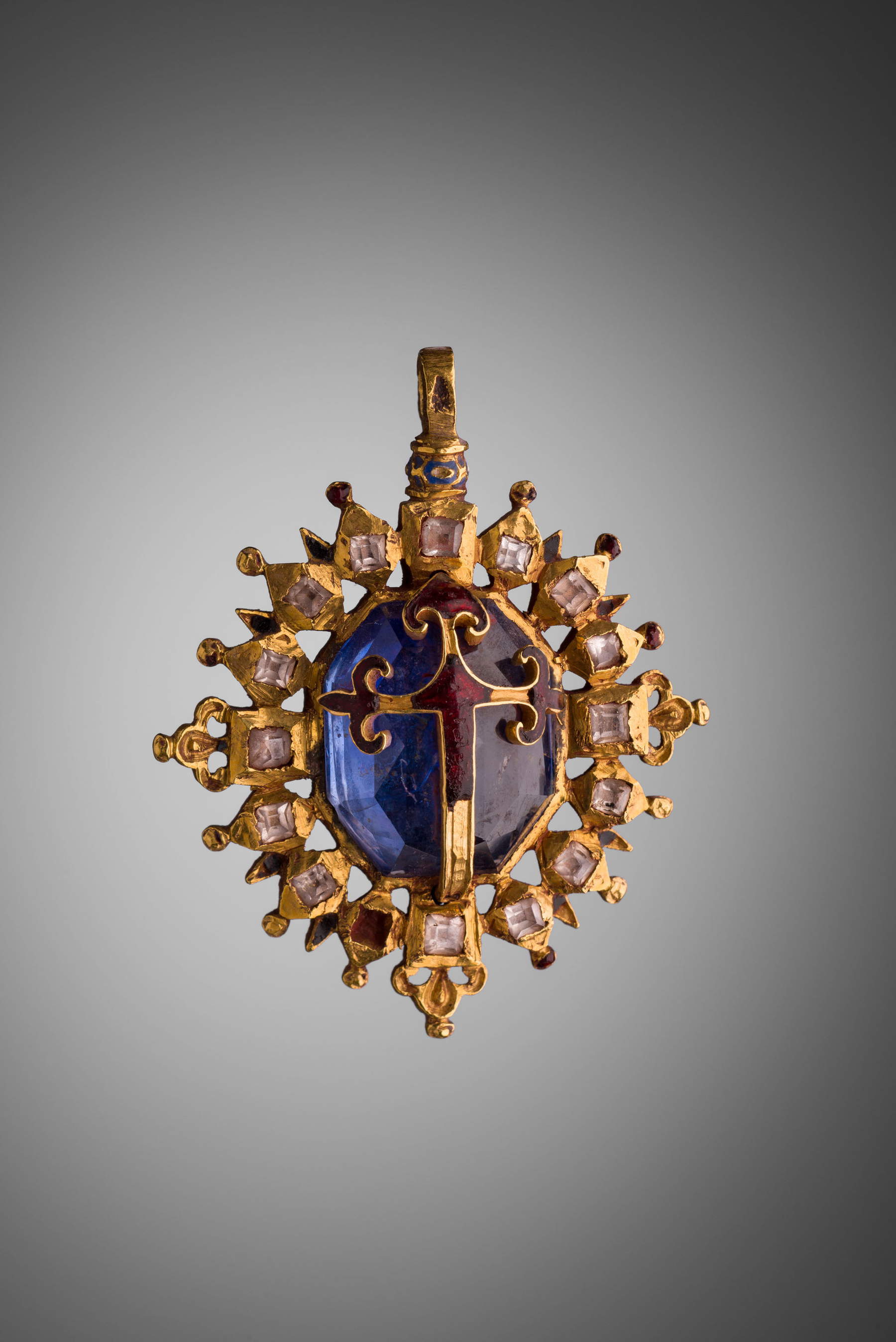
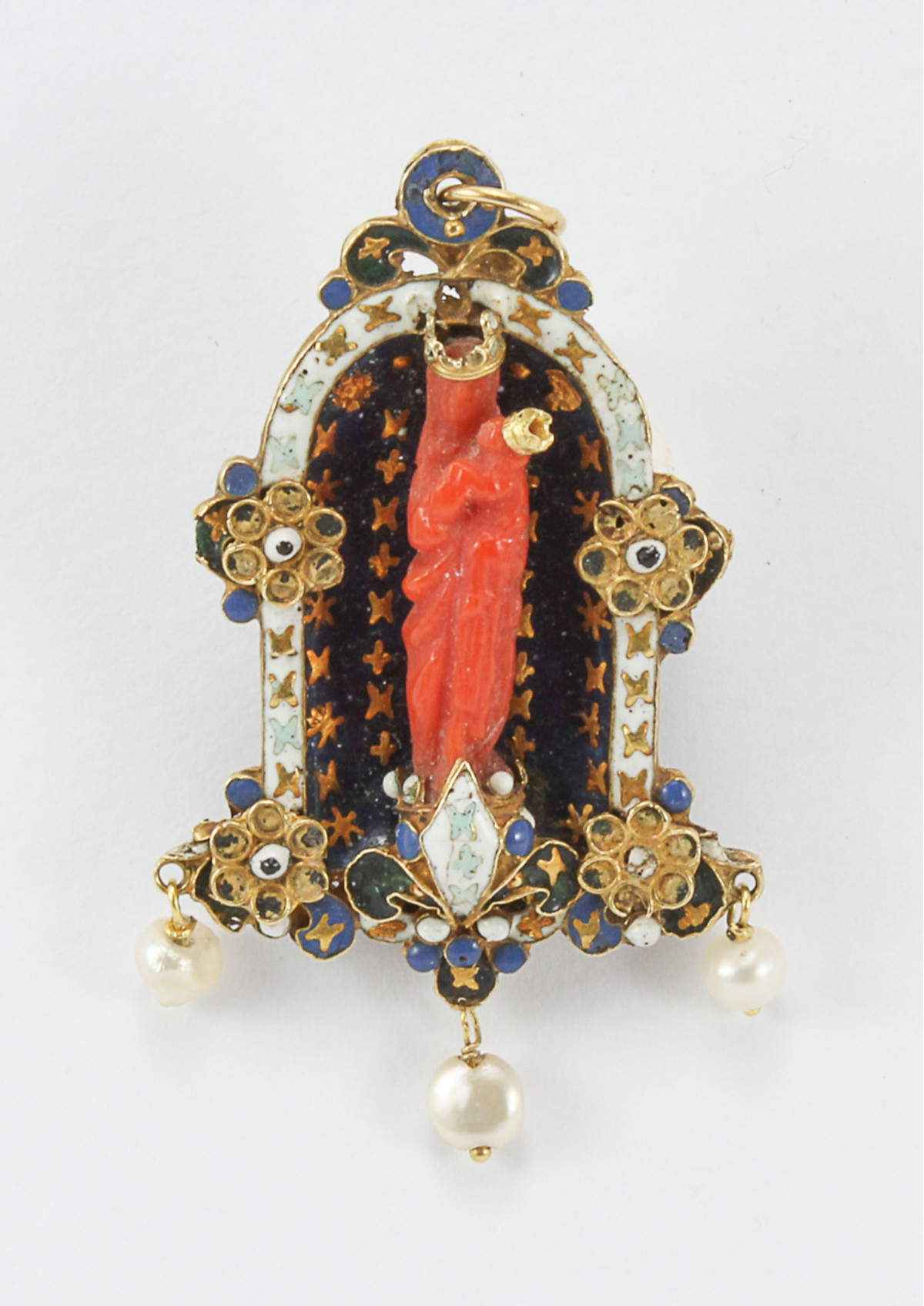
In a section devoted to the contemporary, some contemporary master goldsmiths will dialogue with historical works, offering a reflection on the continuity and transformation of goldsmith language in Sicily. These include Fiorella Friscia, Laura Di Giovanna, Lucito, Fecarotta Antichità, Platimiro Fiorenza and Massimo Izzo.
The itinerary will be enriched by educational apparatuses, multimedia supports and video content, with in-depth insights into working techniques and the figures of the collectors, as well as comparisons with period drawings and portraits. The exhibition catalog brings together critical essays, worksheets and contributions dedicated to 20th-century Sicilian goldsmith collecting, to restore an overall picture of this fascinating artistic tradition that continues to tell the story of the island’s cultural identity.
Hours: Tuesday through Sunday from 10 a.m. to 6 p.m. Closed Mondays.
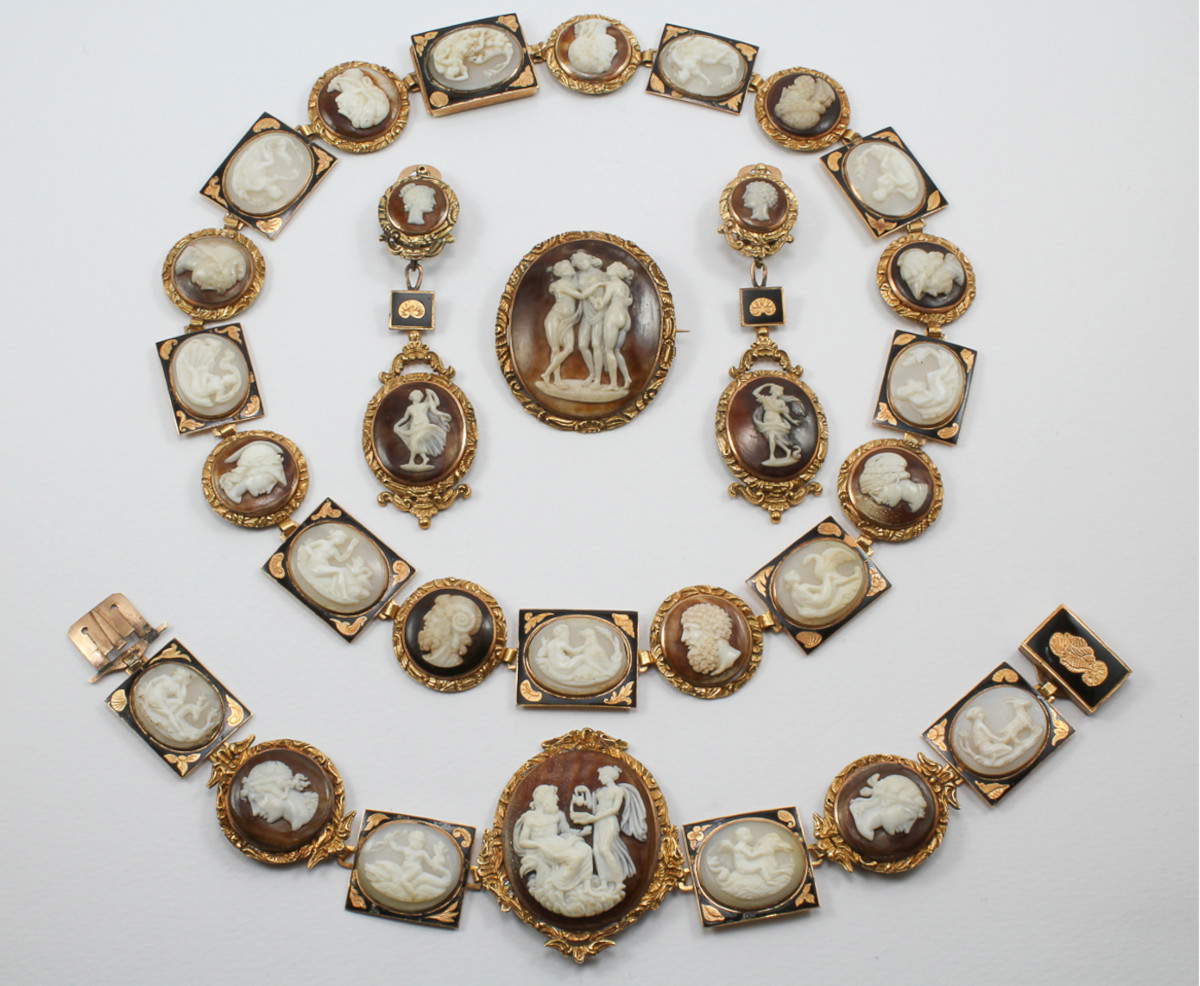
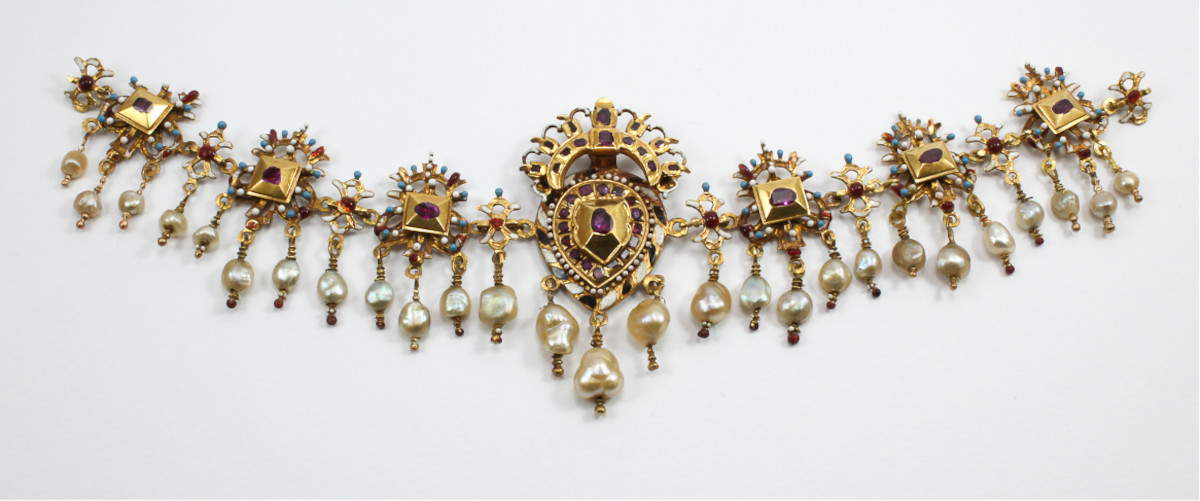
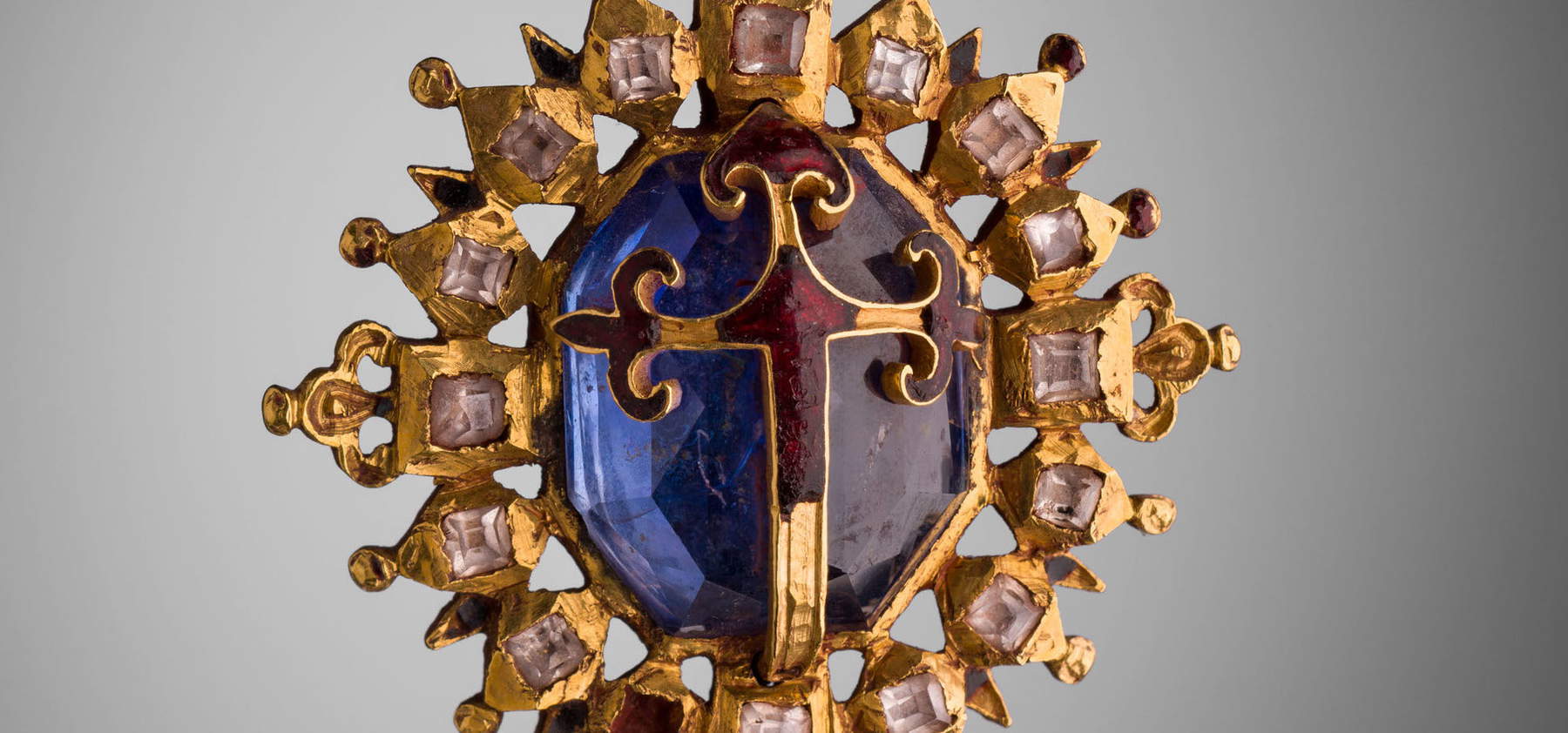 |
| Sicilian jewelry between the 16th and 19th centuries on display in Palermo's Villa Zito |
Warning: the translation into English of the original Italian article was created using automatic tools. We undertake to review all articles, but we do not guarantee the total absence of inaccuracies in the translation due to the program. You can find the original by clicking on the ITA button. If you find any mistake,please contact us.